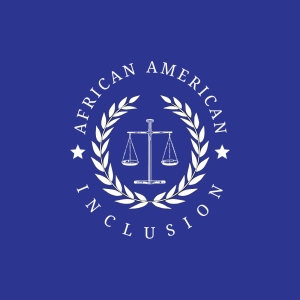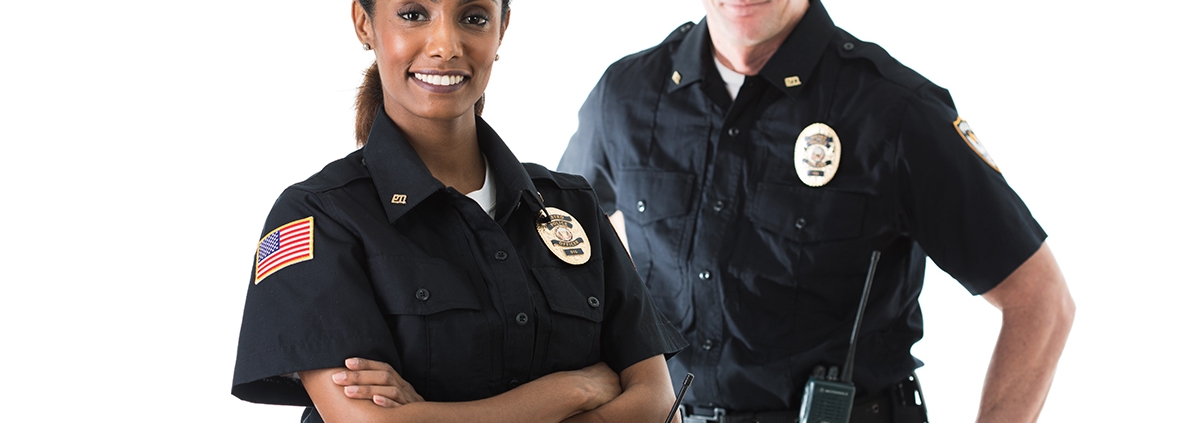AFRICAN AMERICANS IN LAW ENFORCEMENT
African Americans have played a role in law enforcement for over a century. The first known african american police officers in the United States were appointed in the late 1800s. Today, african americans continue to be a significant presence in the law enforcement community, serving as officers, detectives, and in other roles.
However, the relationship between African Americans and law enforcement has often been strained, as communities of color have historically experienced discrimination and unequal treatment by police. This has led to calls for increased diversity and reforms in policing practices.
African American officers have also faced challenges within their own agencies, including discrimination and limited opportunities for advancement. Efforts to address these issues and increase diversity within law enforcement continue to be a topic of conversation and advocacy.
Percentage of African Americans in law enforcement agencies
The exact percentage of African Americans in law enforcement agencies varies, but it is generally lower than the percentage of African Americans in the general population. According to data from the U.S. Bureau of Justice Statistics, in 2016, approximately 13% of full-time law enforcement officers were African American, while African Americans made up approximately 14% of the total U.S. population. The representation of African Americans in law enforcement may be higher in some cities and lower in others, depending on various factors such as demographics, departmental policies, and hiring practices.
African Americans and Federal Bureau of Investigation (FBI)
African Americans have been part of the Federal Bureau of Investigation (FBI) since its inception, but their representation and experiences within the agency have been shaped by the broader historical and social context. In the early years of the FBI, African American agents were relatively rare and often faced discrimination and obstacles in their careers.
However, in recent decades, the FBI has made efforts to increase diversity and inclusion within the agency, including efforts to recruit and retain African American agents. Today, African Americans make up a significant portion of the FBI’s workforce, including at the leadership level. Despite these efforts, some African American agents have reported experiencing discrimination and bias within the FBI, and the agency has faced criticism for its handling of cases involving African Americans, particularly in relation to issues of police misconduct.
Overall, the experiences of African Americans within the FBI reflect both progress and ongoing challenges in the broader society, as well as the unique history and culture of the agency itself.
African Americans and DEA
The representation of African Americans in the Drug Enforcement Administration (DEA) has been an issue of concern and discussion in recent years. Although the exact percentage of African Americans in the DEA is not publicly available, it is generally acknowledged that African Americans are underrepresented in federal law enforcement agencies compared to their representation in the general population.
The DEA, like other law enforcement agencies, has faced challenges in diversifying its workforce and promoting equity in its hiring practices. Despite these challenges, the DEA has made efforts in recent years to increase diversity and promote equity in its hiring and promotion processes.
It is important to note that the relationship between African Americans and the DEA, like other law enforcement agencies, has often been strained due to historical patterns of discrimination and unequal treatment by police. Addressing these issues and increasing diversity in law enforcement remains an important topic of conversation and advocacy.
Blacks in law enforcement face a unique set of challenges, including overcoming a history of systemic racism within law enforcement institutions and a lack of diversity and representation at higher levels of the organization. Additionally, they may face discrimination and racial bias from both the communities they serve and fellow officers. Some Black officers may also struggle with balancing their dual identities as both a member of the Black community and a member of law enforcement, which can lead to feelings of isolation and mistrust. Despite these obstacles, many Black officers continue to serve their communities and strive to make positive changes within their departments.
The requirements and payment structure for African Americans to pursue a career in law enforcement agencies, such as the FBI, Sheriffs’ offices, DEA, U.S. Customs and Border Protection (CBP), and others, vary depending on the agency and the specific position. However, there are some general requirements and payment structures that are common to many law enforcement agencies.
- U.S. citizenship
- Minimum age (usually 21 years old)
- Clean criminal record
- High school diploma or GED (in some cases, a college degree may be required)
- Physical fitness
- Drug test and background check
- Starting salaries for law enforcement officers vary depending on the agency and the specific position, but they typically start in the low to mid $40,000s per year.
- Law enforcement officers often receive benefits, such as health insurance, paid time off, and retirement plans.
- Law enforcement officers may receive additional pay for working night shifts, weekends, and holidays.
- Many law enforcement agencies offer opportunities for advancement and higher salaries for officers who move up the ranks.
It is important to note that these requirements and payment structures may vary depending on the specific agency and location, and that the information provided here is general in nature. Potential candidates should check with the specific agency they are interested in for the most up- to-date information on requirements and payment structure.
There are several programs that aim to help increase the representation of African Americans in FBI, Sheriffs’ offices, DEA, U.S. Customs and Border Protection (CBP), and other law enforcement agencies. Some of these programs include:
- Diversity recruitment initiatives: Many law enforcement agencies, including the FBI, DEA, and CBP, have launched diversity recruitment initiatives to attract a more diverse pool of applicants, including African Americans. These initiatives often include outreach to historically black colleges and universities (HBCUs), community organizations, and other groups.
- Mentorship programs: Some law enforcement agencies, such as the FBI, offer mentorship programs for African American recruits and early-career officers. These programs pair African American recruits with experienced African American officers who can offer guidance and support as they navigate their careers in law enforcement.
- Diversity and inclusion training: Many law enforcement agencies, including Sheriffs’ offices, offer diversity and inclusion training for their employees. This training aims to promote understanding and respect for diversity, and to help build inclusive workplace cultures.
- Scholarships and education programs: Some law enforcement agencies, such as the DEA, offer scholarships and education programs to support African American students interested in pursuing careers in law enforcement.



